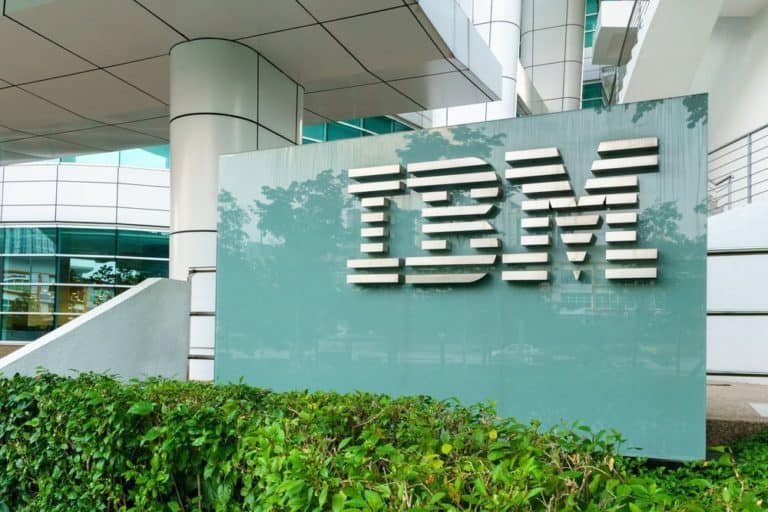During Kubecon + CloudNativeCon, IBM made a number of announcements in the field of tools for the Kubernetes ecosystem. Big Blue announced two new tools and updated two existing projects. All tools are open source.
The two new tools are called Kui and Iter8, according to Jason McGee, IBM Fellow and CTO of the Cloud Developer Service, and Priya Nagpurkar, Director of Hybrid Cloud Platform at IBM Research. The updates are focused on Tekton and Razee.
One CLI in the multicloud
Kui is an open source Kubernetes terminal with visualisations. Big Blue is trying to eliminate a number of complexities in hybrid multi-client environments. With the multicloud, you work with different environments, each with its own console or command-line interface (CLI). Developers, therefore, have to use multiple CLI’s for a solution, because each component has its own version.
Kui should offer a single tool to developers, which allows them to navigate between the different interfaces that are relevant to the solution. Kui is specifically designed for cloud-native development and supports Kubernetes and its ecosystem.
Kui is already introduced in IBM Cloud solutions, designed to simplify the experiences of developers.
Connecting and managing networks
The second new tool, Iter8, builds on Istio. Istio is an open technology that allows developers to connect, manage and secure networks of different microservices. Istio works on all platforms and also offers rich data and telemetry for developers.
Iter8 has to help developers get more out of that data. It is an ecosystem tool that uses Istio APIs to perform comparative analytics that can be used, for example, for A/B testing and troubleshooting.
Iter8, therefore, allows developers to compare different versions of their applications to ensure that they want to continue working on the new version. It is also possible to analyse the behaviour of a microservice over time and to identify or predict problems.
Updates
IBM also announced updates for two existing projects. One is Tekton, which provides a framework for CI/CD systems for cubic networks applications. This project is now integrated in IBM’s Cloud Continuous Delivery service. This is possible through access to industry specifications for pipelines, workflows and other building blocks.
The other update is for Razee, which was made open source in May this year. Razee is a continuous delivery-tool to manage applications to scale. Razee is now supported on Red Hat OpenShift and IBM Cloud DevOps ToolChains.
